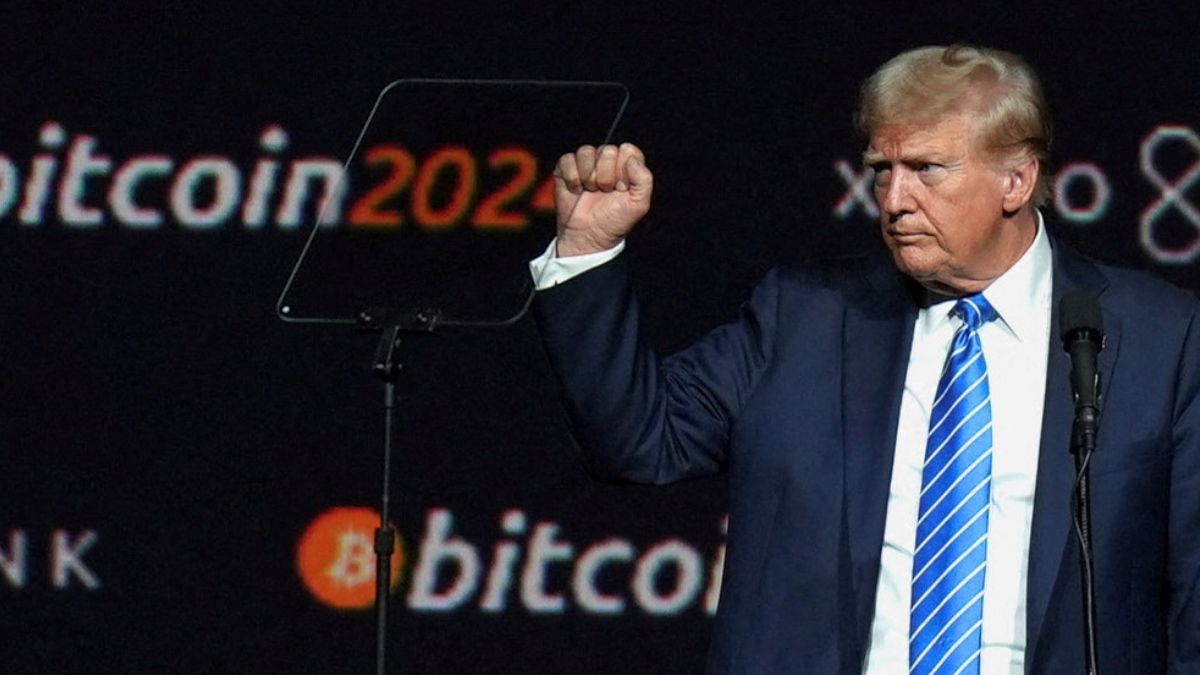In an ideal world, when an external factor deliberately affects the supply and demand of a traded entity, it opens an investigation into probable market manipulation. But in the decentralised crypto world, US president-elect Donald J Trump’s latest “meme” coin jumping in price just ahead of his swearing-in is just another Monday in what some may term “peak capitalism” era.
Just hours ahead of Trump’s triumphant return to the Oval Office, the meme crypto token $TRUMP soared to cross USD 9 billion in market capitalisation (mcap).
More than USD 42 billion changed hands in the last 24-hour session, with CoinMarketCap stating that the token soared 73 per cent in early trading on Monday, reaching a little over USD 46 apiece—this meant a total mcap of USD 9.2 billion.
Essentially blurring the lines between politics, clout, and finance, Trump released the meme coin with an announcement on his social media platform, Truth Social, on Friday. With the industrialist openly supporting bitcoin and other cryptocurrencies, the decentralised finance (DeFi) market has seen significant gains since Trump won the presidential election back in November.
Soon after Trump is sworn into office, he could sign executive orders ranging from energy, governance, immigration, and border security. The incoming president is also being hailed as the saviour of TikTok by possibly reversing or delaying its ban, according to his posts on Truth Social.
BREAKING: Trump Says, "As of Today, TikTok Is Back!" In Historic Victory Rally On The Eve of His Inauguration
— Alex Jones (@RealAlexJones) January 19, 2025
WATCH LIVE:https://t.co/4h6dLDF12d pic.twitter.com/kkc1gwtVnR
Interestingly, Trump led the effort to ban the hugely popular video-sharing app last year.
Hours after users found rudely that the ban was in effect, TikTok returned to life with the message, “Thanks for your patience and support. As a result of President Trump’s efforts, TikTok is back in the US!”
It is still unclear how Trump’s legal authority could unilaterally decide not to enforce a law passed with bipartisan support last year and upheld by the US Supreme Court on Friday.



